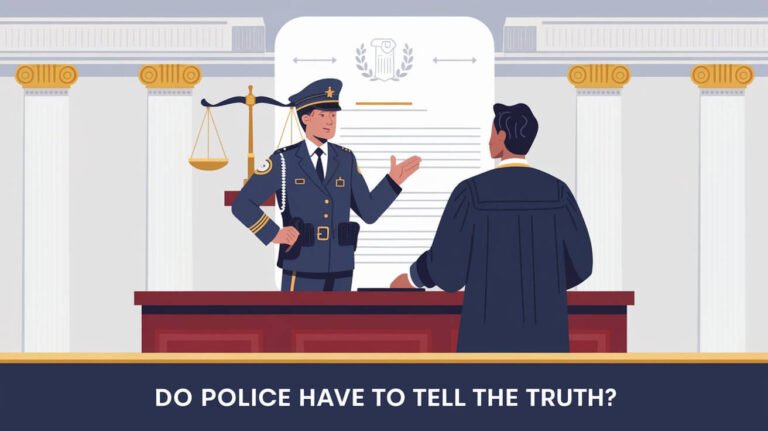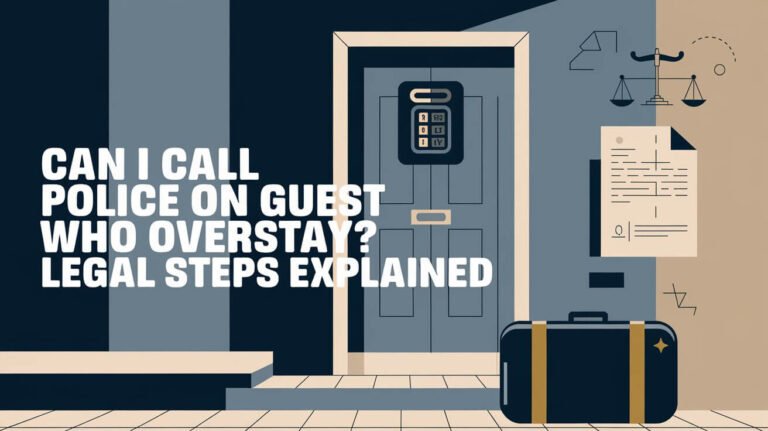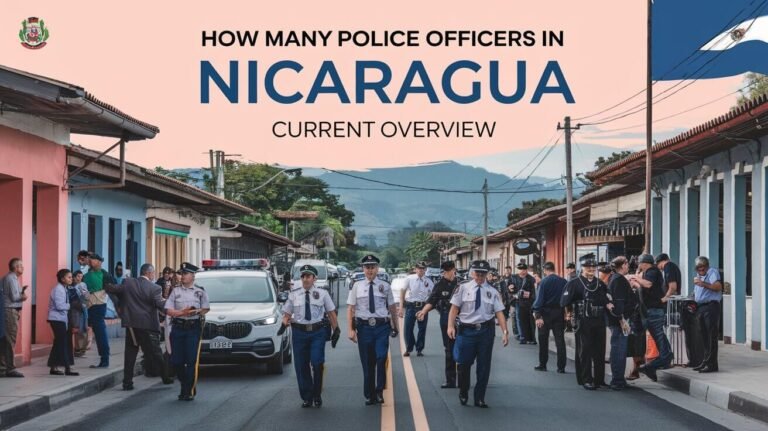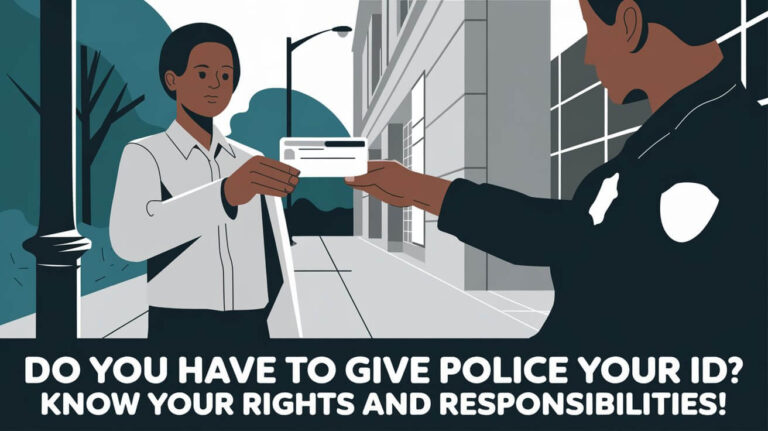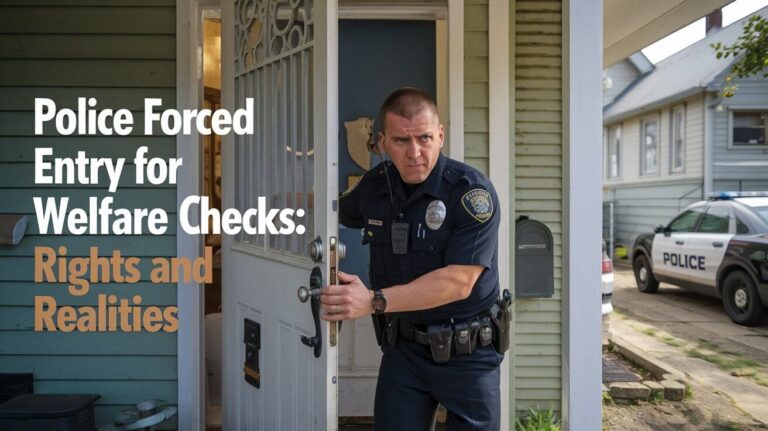Do Police Investigate Credit Card Theft Under 500 Dollars?

Credit card theft is a growing concern for many consumers, regardless of the amount involved. When it comes to smaller thefts, particularly those under $500, many people wonder if law enforcement takes these cases seriously. Police do investigate credit card theft under $500, but the level of investigation often depends on various factors including available resources, the specific circumstances of the theft, and local law enforcement policies.
Credit card fraud is a serious issue that affects millions of people each year. While major thefts often grab headlines, smaller-scale frauds can be just as damaging to individual victims. This article dives into the world of credit card theft investigations, focusing on cases involving amounts under $500.
We’ll explore how police handle these cases, what victims can do, and the broader impact of small-scale credit card fraud. By the end, you’ll have a clear picture of what to expect if you ever face this unfortunate situation.
Understanding Credit Card Theft
What constitutes credit card theft?
Credit card theft isn’t just about someone physically stealing your card. It includes any unauthorized use of your credit card information to make purchases or withdrawals. This can happen through:
- Physical theft of the card
- Skimming devices at ATMs or gas pumps
- Phishing scams
- Data breaches
- Identity theft
Common methods of credit card theft
Thieves are constantly finding new ways to steal credit card information. Some popular methods include:
- Skimming: Using devices to capture card data at points of sale
- Phishing: Tricking people into revealing their information through fake emails or websites
- Dumpster diving: Searching through trash for discarded credit card statements or receipts
- Hacking: Breaking into databases to steal large amounts of credit card data
- Social engineering: Manipulating people into giving up their information
Understanding these methods can help you better protect yourself against credit card theft.
The $500 Threshold: Why It Matters
Legal classifications of theft amounts
The $500 mark isn’t just a random number. Many jurisdictions use this amount as a dividing line between petty theft and more serious offenses. Thefts under $500 are often classified as misdemeanors, while those over $500 may be considered felonies.
This classification can impact how law enforcement prioritizes cases and the potential penalties for offenders. However, it’s important to note that the exact threshold can vary by state or country.
How $500 impacts law enforcement priorities
Police departments often have limited resources and must prioritize cases. Thefts under $500 may receive less immediate attention compared to larger frauds or violent crimes. This doesn’t mean these cases are ignored, but they might not be at the top of the investigation list.
Some factors that might influence priority include:
- The total number of victims
- Whether it’s part of a larger fraud scheme
- The vulnerability of the victim (e.g., elderly or disabled individuals)
- The likelihood of solving the case
Police Procedures for Credit Card Theft Investigations
Initial reporting process
If you’re a victim of credit card theft, your first step should be to report it to your bank or credit card company. They’ll usually advise you to file a police report as well. Here’s what typically happens:
- You contact your local police department
- An officer takes your statement, either in person or over the phone
- You provide details about the unauthorized charges
- The officer files a report and gives you a case number
This report is crucial, even if the police don’t immediately launch a full investigation. It creates an official record of the incident, which can be useful for insurance claims or if the thief is caught later.
Factors influencing police involvement
Several factors can affect how deeply police get involved in a credit card theft case under $500:
- Available evidence: Clear surveillance footage or a known suspect increases the chances of police action
- Pattern of crimes: If your case fits a pattern of similar thefts, it might get more attention
- Department resources: Larger police departments might have dedicated fraud units
- Local crime rates: In areas with high violent crime rates, property crimes might be a lower priority
Resources allocated to credit card theft cases
Police departments typically have limited resources for investigating property crimes like credit card theft. For cases under $500, they might:
- Take a report and enter it into their system
- Look for patterns with other reported thefts
- Share information with other departments or financial crime units
- Follow up if new evidence emerges
While they may not launch a full-scale investigation for every small theft, police do take these crimes seriously and often work on larger patterns of fraud.
Challenges in Investigating Small-Scale Credit Card Theft
Limited resources and manpower
One of the biggest challenges in investigating credit card theft under $500 is the limited resources available to law enforcement. Police departments often face:
- Budget constraints
- Staffing shortages
- High caseloads for detectives
These factors can make it difficult to dedicate significant time and resources to every small-scale theft case.
Jurisdictional issues
Credit card theft often crosses city, state, or even national boundaries. This can create jurisdictional challenges:
- Multiple police departments might need to coordinate
- Federal agencies may need to get involved for interstate crimes
- International cases can be especially complex to investigate
These jurisdictional hurdles can slow down investigations, especially for smaller thefts.
Digital nature of many credit card thefts
Many modern credit card thefts happen entirely online, presenting unique challenges:
- Digital evidence can be hard to trace
- Thieves may use VPNs or other tools to hide their location
- Cybercrime expertise is needed, which not all departments have
These factors can make it difficult for local police to effectively investigate small-scale digital thefts.
Alternative Investigative Channels
Role of banks and credit card companies
While police play a crucial role, banks and credit card companies often take the lead in investigating smaller thefts. They have:
- Sophisticated fraud detection systems
- Dedicated fraud investigation teams
- The ability to quickly freeze accounts and reverse charges
These institutions often work behind the scenes to track patterns and build cases against fraudsters, even for smaller amounts.
Federal agencies and their involvement
For larger patterns of fraud or cases involving interstate commerce, federal agencies might step in:
- The FBI investigates major fraud schemes
- The Secret Service handles financial crimes
- The Federal Trade Commission tracks identity theft
While they might not handle individual cases under $500, these agencies play a crucial role in combating widespread credit card fraud.
Cybercrime units and their focus
Many police departments now have specialized cybercrime units. These teams:
- Focus on digital financial crimes
- Have specialized training in tracing online fraud
- Often handle cases that cross jurisdictional boundaries
While they might not investigate every small theft, these units are crucial in tackling larger fraud operations that often start with smaller thefts.
What Victims Can Do When Facing Credit Card Theft Under $500
Immediate steps to take
If you discover unauthorized charges on your credit card, act quickly:
- Contact your credit card issuer immediately
- File a police report
- Place a fraud alert on your credit reports
- Change passwords for your financial accounts
- Monitor your credit report for any suspicious activity
Quick action can limit the damage and improve the chances of catching the thief.
Documenting the theft
Proper documentation is crucial:
- Keep copies of all communications with your bank and the police
- Save any evidence, like suspicious emails or texts
- Note dates, times, and details of any fraudulent transactions
- Keep a log of all steps you’ve taken to address the theft
This documentation can be valuable if the case develops further or if you need to dispute charges.
Working with financial institutions
Your bank or credit card company is your strongest ally:
- Follow their fraud reporting procedures carefully
- Ask about their investigation process
- Inquire about any protection or insurance they offer
- Be persistent in following up on your case
Remember, financial institutions have a vested interest in preventing fraud, even for smaller amounts.
Prevention Strategies for Credit Card Theft
Personal security measures
Protecting your credit card information starts with you:
- Never share your PIN or security code
- Be cautious when using ATMs or card readers in public places
- Keep your card in sight during transactions
- Regularly check your statements for unauthorized charges
- Consider using a RFID-blocking wallet
These simple steps can significantly reduce your risk of credit card theft.
Digital safeguards
In our digital world, online security is crucial:
- Use strong, unique passwords for all financial accounts
- Enable two-factor authentication when available
- Avoid using public Wi-Fi for financial transactions
- Keep your computer and smartphone updated with the latest security patches
- Consider using a virtual credit card number for online purchases
These digital safeguards add an extra layer of protection against online theft.
Recognizing common scams
Knowledge is power when it comes to avoiding credit card theft:
- Be wary of unsolicited calls or emails asking for financial information
- Don’t click on links in suspicious emails
- Be cautious of too-good-to-be-true offers
- Research unfamiliar online sellers before making purchases
- Be skeptical of anyone pressuring you to act quickly
Recognizing these red flags can help you avoid falling victim to credit card scams.
The Bigger Picture: Credit Card Theft Statistics
Frequency of small-scale credit card theft
Small-scale credit card theft is more common than you might think:
- Millions of Americans experience credit card fraud each year
- A significant portion of these cases involve amounts under $500
- The frequency of small thefts has increased with the rise of online shopping
These statistics highlight the importance of vigilance, even for smaller amounts.
Economic impact of credit card fraud
While individual thefts under $500 might seem small, they add up:
- Credit card fraud costs billions of dollars annually
- Small-scale thefts contribute significantly to this total
- The cost of fraud is often passed on to consumers through higher fees and interest rates
Understanding this broader impact underscores the importance of combating all levels of credit card theft.
Trends in credit card theft investigations
The landscape of credit card theft investigations is evolving:
- More police departments are forming specialized financial crime units
- There’s an increased focus on cybercrime and digital forensics
- Collaboration between law enforcement and financial institutions is improving
- New technologies are being developed to detect and prevent fraud
These trends suggest that even small-scale thefts are being taken more seriously by authorities.
Legal Recourse for Victims
Civil vs. criminal proceedings
When it comes to credit card theft, there are two potential legal paths:
- Criminal proceedings: Pursued by law enforcement, aim to punish the offender
- Civil proceedings: Initiated by the victim, seek financial compensation
For thefts under $500, criminal charges might be less likely, but civil options remain open.
Small claims court options
Small claims court can be a viable option for credit card theft victims:
- Suited for cases involving smaller amounts of money
- Less formal than regular court proceedings
- Doesn’t typically require a lawyer
- Can potentially recover stolen funds plus additional damages
This option allows victims to take action even if police don’t pursue the case.
Class action lawsuits for widespread fraud
In cases of widespread fraud affecting many people:
- Class action lawsuits might be filed against negligent companies
- These can address larger patterns of fraud, even if individual losses are small
- They can lead to improved security measures and consumer protections
While not applicable to every case, class actions can be a powerful tool against systemic issues leading to credit card theft.
The Future of Credit Card Theft Investigations
Technological advancements in detection
The future of credit card theft prevention looks promising:
- AI and machine learning are improving fraud detection
- Biometric authentication methods are becoming more common
- Blockchain technology might offer new ways to secure transactions
- Real-time transaction monitoring is becoming more sophisticated
These advancements could make it easier to catch even small-scale thefts quickly.
Potential changes in law enforcement approaches
Law enforcement strategies are evolving:
- More resources are being dedicated to cybercrime units
- There’s a growing emphasis on proactive prevention rather than reactive investigation
- Increased collaboration between different agencies and the private sector
- Development of specialized training for officers in financial crimes
These changes could lead to more effective handling of credit card theft cases, regardless of the amount involved.
International cooperation in fighting credit card fraud
Credit card fraud often crosses borders, leading to:
- Increased cooperation between international law enforcement agencies
- Development of global standards for financial security
- Improved information sharing across countries
- Joint operations to take down large fraud networks
This international approach could have a trickle-down effect, improving investigations of smaller thefts as well.
Conclusion
While police do investigate credit card theft under $500, the level of investigation can vary based on many factors. Resources, evidence, and the broader context of the crime all play a role in how these cases are handled.
As a consumer, your best defense is a combination of vigilance, quick action if theft occurs, and understanding your rights and options. Remember, even if law enforcement doesn’t pursue your case aggressively, you have other avenues for recourse and protection.
Credit card theft, regardless of the amount, is a serious issue that affects millions. By staying informed and taking proactive steps, you can better protect yourself and contribute to the broader fight against financial fraud. Every case matters in the larger picture of combating credit card theft, so don’t hesitate to report and act on even smaller instances of fraud.

